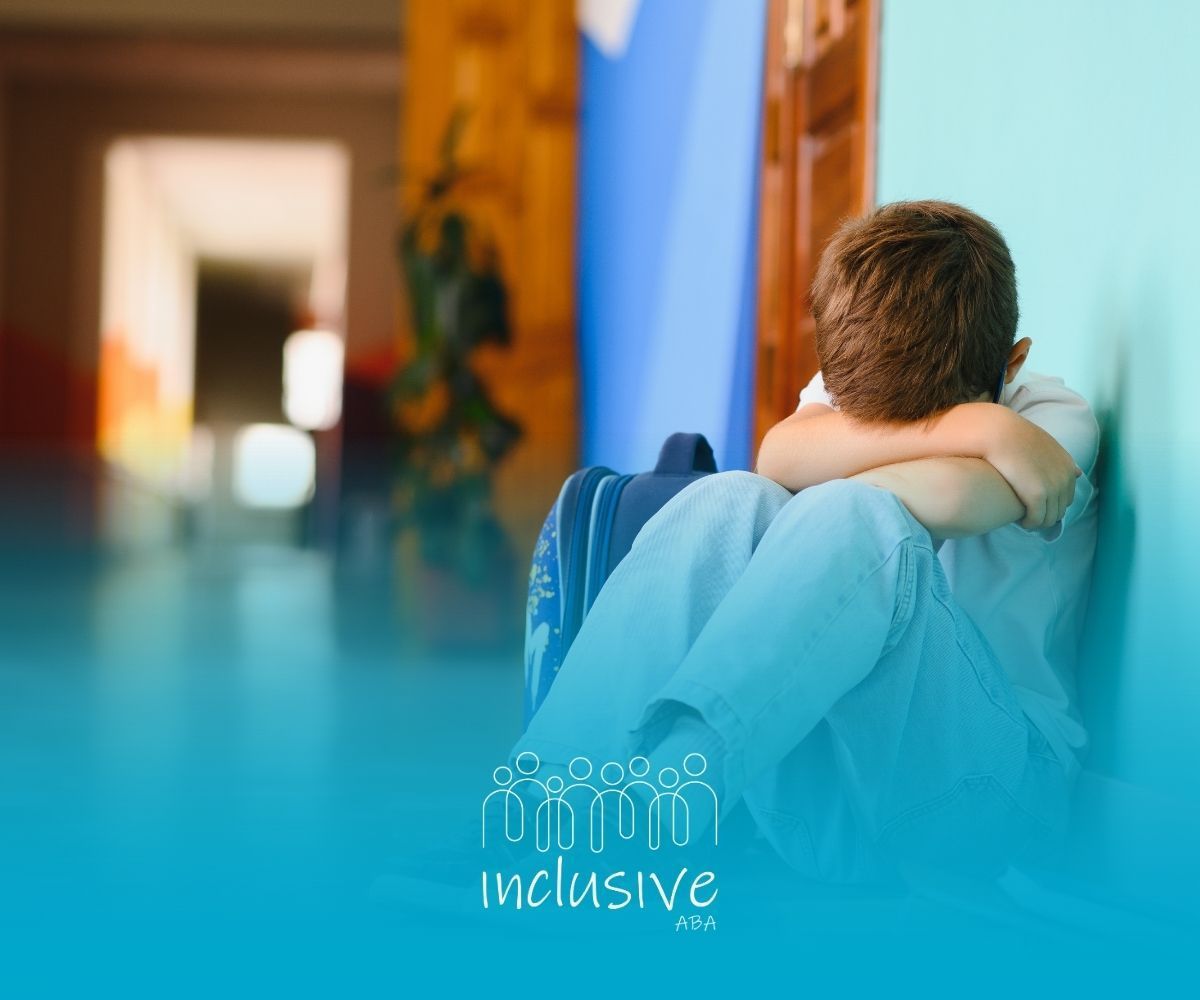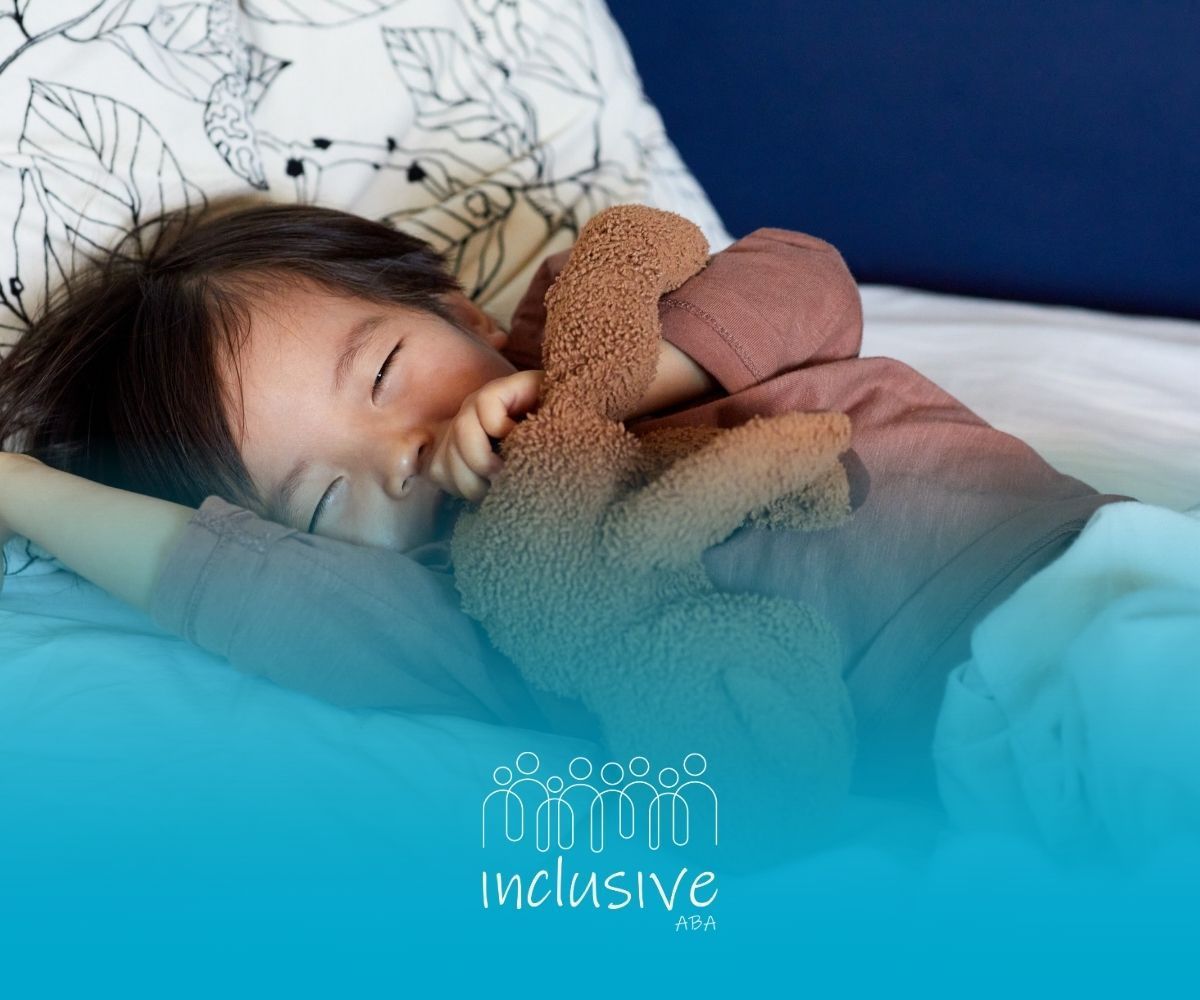The Growing Need for Nebraska Autism Awareness and Support
Autism Prevalence in Nevada
Overview of Autism in Nevada
The prevalence of Autism Spectrum Disorder (ASD) in Nevada has been steadily rising, aligning with national trends. This increase is due in part to better awareness, enhanced diagnostic criteria, and more effective educational campaigns. Autism Spectrum Disorder impacts individuals through challenges in social communication, behavior, and sensory processing, with each individual experiencing the disorder uniquely.
Nevada has been proactive in addressing this rise by implementing statewide initiatives aimed at improving the diagnosis and intervention for those with autism. These endeavors have contributed to more frequent and earlier diagnoses, crucial for effective early intervention strategies.
| Statistic | Value |
|---|---|
| Prevalence Rate (US) | 1 in 36 |
| Prevalence Rate (Nevada) | Data pending |
| Graduation Numbers (US) | 500,000 annually |
| Adult Population (US) | 2.2% |
Autism Prevalence in Nevada
Overview of Autism in Nevada
The prevalence of Autism Spectrum Disorder (ASD) in Nevada has been steadily rising, aligning with national trends. This increase is due in part to better awareness, enhanced diagnostic criteria, and more effective educational campaigns. Autism Spectrum Disorder impacts individuals through challenges in social communication, behavior, and sensory processing, with each individual experiencing the disorder uniquely.
Nevada has been proactive in addressing this rise by implementing statewide initiatives aimed at improving the diagnosis and intervention for those with autism. These endeavors have contributed to more frequent and earlier diagnoses, crucial for effective early intervention strategies.
Autism Prevalence in Nevada (Per 1,000 Children)
This upward trend underscores the importance of continued efforts in raising Nebraska autism awareness and ensuring adequate support for those affected by autism.
Initiatives and Organizations in Nebraska
Nebraska hosts several key initiatives and organizations dedicated to supporting individuals with autism and their families.
- Autism Society of Nebraska: The Autism Society of Nebraska focuses on raising awareness, promoting acceptance, and supporting autonomy within the autism community. They achieve this through various local events and community programs aimed at fostering a more inclusive society.
- Autism Action Partnership: This organization offers programs specifically designed for individuals on the Autism Spectrum. Their initiatives focus on creating meaningful opportunities for connection, growth, and success, thereby supporting a more inclusive community atmosphere.
- Inclusive ABA: Emphasizing early intervention,
Inclusive ABA is dedicated to empowering individuals with the skills necessary for a fulfilling life through Applied Behavior Analysis (ABA) therapy. Early intervention is recognized as crucial in the development of children with autism.
- Center for Autism Spectrum Disorders at the University of Nebraska Medical Center: This center provides comprehensive services, including diagnostic evaluations, behavioral interventions, and ongoing support for both children and adults with autism.
These organizations and many others play a pivotal role in building awareness and supporting individuals with autism in Nebraska. Through their efforts, they contribute to a better understanding of autism and the implementation of effective interventions.
Autism Data in Colorado
Understanding the prevalence and support systems for autism in Colorado is essential for parents, caregivers, educators, and healthcare professionals. This section delves into the current state of autism in Colorado and explores the available services and support networks.
Understanding Autism in Colorado
Autism Spectrum Disorder (ASD) affects many individuals and families in Colorado. The state has seen an increase in autism diagnoses in recent years, reflecting national trends driven by better diagnostic tools and greater awareness.
Autism Prevalence in Colorado (Per 1,000 Children)
The above data demonstrates the rising incidence of diagnosed autism cases.
Support Networks and Services in Colorado
Colorado offers a range of support services and networks for individuals with autism and their families. These resources are designed to address the diverse needs of the autism community, from early intervention to adult vocational training.
Support Services and Networks:
- Early Intervention Programs: These programs provide critical support for young children diagnosed with autism. Services may include speech therapy, occupational therapy, and behavioral interventions.
- Educational Resources: Schools in Colorado offer specialized programs and accommodations to support students with autism, ensuring they receive a quality education tailored to their needs.
- Therapy and Intervention Programs: Comprehensive therapy programs are available to address the unique challenges faced by individuals with autism, promoting their cognitive and social development.
- Recreational and Social Activities: Community programs provide opportunities for social engagement and physical activities, promoting inclusion and well-being.
- Vocational Training: For adults with autism, vocational training programs are crucial for developing job skills and enhancing employment opportunities.
For individuals seeking more detailed information about autism research in the state, visit our page on Colorado autism research.
By understanding the autism landscape in Colorado and exploring the available resources, families, educators, and professionals can better support individuals with autism, fostering an inclusive and supportive community.
Community Support in Nebraska
Fostering community support for autism in Nebraska is key for raising awareness and providing essential resources. Various local programs and events facilitate support, advocacy, and inclusion efforts, creating a positive impact on the lives of individuals with autism and their families.
Local Programs and Events
The Autism Society of Nebraska plays a significant role in delivering comprehensive support programs and events. These initiatives aim to enhance the quality of life for individuals with autism and their families. Key components include:
- Support Groups: Providing a platform for parents, caregivers, and individuals with autism to share experiences and receive emotional support.
- Educational Programs: Offering workshops, seminars, and training sessions to educate and empower families and professionals.
- Social Events: Creating opportunities for social interaction and community engagement through activities like autism-friendly movie nights and family picnics.
Advocacy and Inclusion Efforts
Advocacy and inclusion are essential in promoting acceptance and autonomy within the autism community. Nebraska excels in these areas through various efforts coordinated by organizations such as the Autism Society of Nebraska and other dedicated groups:
- Advocacy Groups: Working towards influencing policies and raising public awareness about autism. These groups ensure that the rights and needs of individuals with autism are represented at local and state levels.
- Educational and Training Resources: Providing educational opportunities for professionals, parents, and caregivers to better understand autism and effective intervention strategies.
- Therapy and Intervention Programs: Offering access to applied behavior analysis (ABA), speech therapy, and occupational therapy. Inclusive ABA, for example, provides tailored ABA therapy to meet the specific needs of individuals with autism.
Nebraska’s commitment to advocacy and inclusion is evident through the various initiatives and organizations focused on supporting the autism community.
Access to educational resources and recreational activities helps empower individuals with autism to thrive.
These efforts underscore the importance of community support in fostering an inclusive environment for individuals with autism, enabling them to participate fully and flourish in their communities.
Medicaid and ABA Services in Nebraska
Medicaid Coverage for ABA
In Nebraska, Medicaid offers comprehensive coverage for Applied Behavior Analysis (ABA) services, which is a vital resource for children on the autism spectrum. The state of Nebraska is noted for paying some of the highest provider reimbursement rates for ABA services across the nation. This support is crucial for ensuring that children with autism get the necessary therapeutic interventions they need.
A significant increase in Medicaid claims paid to ABA providers has been observed over recent years. According to the
Nebraska Examiner, the claims surged from $4.6 million in 2020 to nearly $52 million in 2023. The growth in the number of Medicaid-eligible youths receiving ABA services is also remarkable, rising from 169 to approximately 1,150 during that period. Efforts are being made to set clear parameters to manage this rapid growth and ensure appropriate service delivery.
Medicaid Claims and Medicaid-Eligible Youths
Trends in ABA Usage
The increase in the adoption of ABA services in Nebraska reflects a growing recognition of the importance of early intervention and structured therapeutic approaches for autism spectrum disorder (ASD). The Nebraska Department of Health and Human Services (DHHS) has reported that ABA program costs had one of the sharpest increases across any service line, with a notable acceleration in 2024.
This trend underscores the need for meticulous planning and regulation to prevent over-authorization of services while ensuring that necessary support reaches those in need. The DHHS aims to set clearer expectations to balance cost management with the quality and accessibility of services. It is vital for the community to stay informed about these trends, as they will significantly impact families and individuals seeking ABA therapy.
Autism Awareness Month in Nebraska
Importance of Awareness Month
Autism Awareness Month, held in April, serves to raise awareness about autism spectrum disorder (ASD) and promote understanding, acceptance, and inclusion for individuals diagnosed with autism. This includes the one in thirty-six children diagnosed with autism annually, the 500,000 young people with autism who graduate from high school each year, and the 2.2% of the adult population diagnosed with autism.
The goal of Autism Awareness Month goes beyond raising awareness. It also aims to foster acceptance and create a society where neurodiverse individuals are understood and supported. Awareness acts as a catalyst for action, encouraging schools, workplaces, and communities to implement necessary changes, such as providing sensory-friendly environments and diverse learning opportunities.
Activities and Initiatives
The Autism Society of Nebraska (ASN) organizes various events and activities throughout April to promote awareness and acceptance while providing opportunities for socialization and support among individuals with autism and their families. These activities help bridge the gap between individuals with autism and the broader community.
Key Events and Initiatives:
- Virtual Run: "See the World a Different Way"
This event offers a flexible way to support autism awareness during April. Participants can choose their distance and complete it at their own pace. At least 15% of every registration fee benefits the Doug Flutie Jr. Foundation for Autism, which supports families affected by autism.
Participating in these events is a wonderful way to show support, learn, and connect with the community. Whether by attending a conference, joining a virtual run, or starting ABA therapy, there are numerous ways to contribute to and benefit from Autism Awareness Month in Nebraska.
SOURCES:
https://www.disabilityrightsnebraska.org/about_us/blog/archive.html/article/2025/04/11/autism-awareness-month-fostering-understanding-empathy-and-inclusion
https://www.unmc.edu/mmi/services/icasd/index.html
https://autismaction.org/
https://autismnebraska.org
https://nebraskaexaminer.com/2025/01/31/dhhs-issues-guardrails-for-serving-nebraska-kids-with-autism-as-medicaid-costs-surge-audits-loom/
Looking for Expert Help? We're Here for You!
Our compassionate and skilled team is devoted to enhancing your child's development through customized ABA therapy. Let us partner with you to create a supportive environment for your child's success.
Discover how we can help your family thrive with expert ABA therapy.
Related Posts







